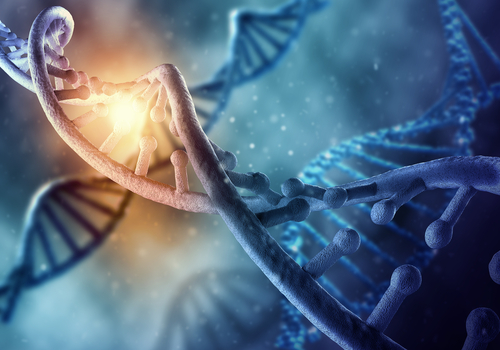A gene called Gatm protects the gut against injury and inflammation caused by digestive-tract bacteria, according to a study using mice models.
The researchers believe their discovery may help scientists understand the mechanisms that cause inflammatory bowel disease (IBD) in humans, and find new ways to treat it.
The study, “Creatine maintains intestinal homeostasis and protects against colitis,” was published in the Proceedings of the National Academy of Sciences.
IBD is a chronic disease with a high rate of relapse. The lining of the digestive tract must be healed to achieve long-term remission. The healing re-establishes the balance between the body’s response to disease-causing bacteria and the harmless bacteria that reside in the gut.
Normally the intestines’ walls contain mucus that protects them from injury. If the mucus layer is not functioning properly, bacteria pass through the intestinal walls, causing excessive inflammation.
Researchers used genetic screening in IBD mice models to try to identify genetic alterations correlating with IBD symptoms. They identified 27 alterations that might be associated with IBD.
A mutation in the Gatm gene triggered similar symptoms in people with IBD, including diarrhea, weight loss, and the death of cells lining the intestine.
“The Gatm gene is needed for the synthesis of creatine, a substance made in the liver that travels to the [mucus] barrier cells and allows them to utilize energy in an efficient manner,” Nobel Laureate Dr. Bruce Beutler, senior author of the study, said in a news release.
To confirm the correlation between the Gatm and IBD systems, researchers gave the mice creatine. It let them overcome the lack of Gatm caused by the mutation, improving their IBD symptoms. The results suggested that the mutation affects the energy metabolism necessary for the rapid recovery of the mucosal barrier in the colon. If unresolved, the problem can lead to colitis, or inflammation of the lining of the colon.
“Mutations in this gene and others needed for mobilization of energy in cells may account for some cases of IBD in humans,” Beutler said. “Current therapy is mainly focused on reducing the inflammatory response; however, proper healing of the mucosal epithelial barrier is essential to long-term remission and requires effective energy metabolism.”

